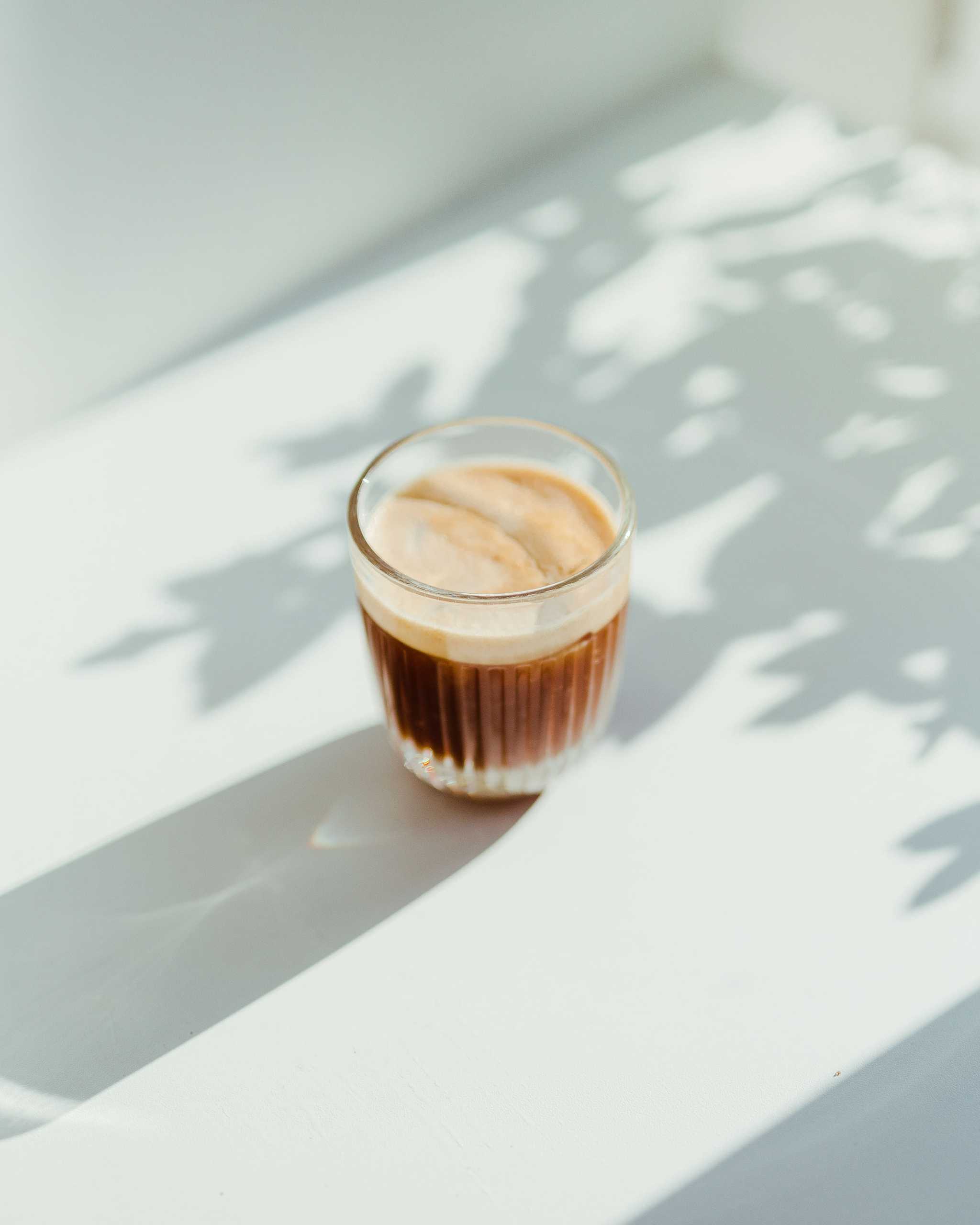I've always been an overachiever. Growing up poor and constantly feeling a step behind my peers gave me a chip on my shoulder that I'll likely never quite shake. I started college courses during high school, worked two jobs throughout college, graduated early, and went back for more. I landed my first "big girl job" in a city an hour away from home, halfway through graduate school. I threw myself headfirst into this double-duty, graduating with my Master's in December 2021, all while working as a frontline social worker and commuting an hour each way nearly every day.
Throughout this time, however, there was one thing I couldn't conquer: my body. Beginning in my teen years, I've long struggled with chronic illness, weight gain, and debilitating pain. I've tended to these issues off and on—penciling in surgeries and physical therapy here and there but never quite prioritizing the body carrying me through all these activities. Only when the pain or fatigue truly overwhelmed me did I slow down, but never for long because I was too terrified of losing my perceived progress. Over time, my body began to feel like a thing separate from me—an unruly cat constantly knocking over my glass.
This year, I decided I needed to make a change. I accepted a position with PRA, leaving frontline work and the life I had created for myself in a purposeful search for a slower, more intentional lifestyle. Prior to PRA, my definition of wellness came entirely from social media and health classes—it looked like leggings, protein shakes, and workouts I could never dream of doing unless I rearranged my vertebrae. My idea of health was wrapped up in being a certain weight and "overcoming" the things that pulled me down. In the last two months with PRA, however, I've begun to relearn and remake wellness to fit my own capabilities and restore what I lost when I was too busy pushing myself towards shifting goalposts. When Instagram aesthetics are out of reach, what does wellness mean?
For me, here are a few examples:
- It turns out that when you don't work constant overtime and commute two hours a day and write a thesis on the weekends, you get free time. Who knew? And what am I meant to do with it? Some days, the empty time still confuses me, leaving me wandering my apartment like a lost Sim City character. Slowly, though, I'm reconnecting with hobbies. These days, I do yoga, bake, play video games, and try my best to maintain as many plants as I can fit in my apartment.
- Using PRA's generous combination of flexible scheduling and paid leave, I'm finally seeing both a therapist and a primary care physician. I spent so many years disconnecting my brain and body that it takes hard work to put them back together. I'm learning more about the manifestation of trauma within my body and the ways we enact violence on bodies that don't fit the mold, even when they're our own. At the end of the day, I could run miles and miles and contribute only to the degradation of my knees, despite what the world tells us about building health.
- When my life was focused only on hitting the next goal, I missed a lot of the beauty around me. Lately, I've made an effort to create little moments of luxury and joy. One example of this is in my morning routine. Previously, my mornings were all about efficiency. What would get me out the door fastest? Now that I work remotely, I still wake up two hours before work, but now that time is filled with yoga and making my own cold-brew lattes in pretty, clear glasses so I can watch as the milk swirls with the coffee. I still fight back the urge to do something more "productive," but caring for myself in this way makes me a better, more centered employee.
- I am coming to terms with the reality that my own abilities won't match those around me. I just can't move through life at the same pace as some others unless I'm sacrificing myself to do so. This is, and probably always will be, a work in progress. I often hear the words, "you're young; you can take it!" They mean well, but they discount the reality of chronic illness and its presence among young, otherwise healthy-looking people.
At the end of the day, I'll probably never have a "healthy" body or a lifestyle that resembles Instagram's version of wellness. I can't run, I can't swim, and my asthma kicks in when I get too optimistic about the elliptical. Physical wellness, for someone like me, is a negotiation on bad days and a partnership on better ones. Mostly, wellness is a recognition that my brain is in my body—whether I like it or not. If I want to be a good employee, partner, and friend, I must treat both with kindness.


